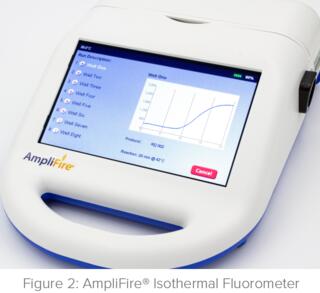
Figure 1. BlScV diagnostic sensitivity and specificity method comparison
Blueberry scorch virus has been a significant threat to blueberry production in the Pacific Northwest of the United States for many years, spreading more recently across the country as far as the US Northeastern Seaboard.
While this single-stranded, RNA Carlavirus is known to be aphid-borne, it can also be spread through vegetative propagation from stock plants. Symptoms of infection include dieback, “scorch” symptoms on flowers, reduced fruit yield, marginal leaf chlorosis and red line patterns. Symptoms take a long time to develop (1-2 years from the point of infection, according to the North Central IPM Center).
Such a wide range of symptom onset and type highlights the necessity of testing to ensure clean nursery stock as well as regular diagnostic monitoring of production sites to cull infected bushes before aphids transmit the disease to neighboring plants.
As part of our continual product improvement efforts, Agdia has identified that most, if not all commercially available BlScV serological assays were prone to false-negative results due to either low sensitivity or lack of specificity for serologically divergent viral isolates. Since low sensitivity and lack of specificity in serological assays cannot be addressed by even the best antibodies, we shifted our development focus to molecular identification via AmplifyRP® XRT, where primer design could be targeted to ensure detection of the infected samples/isolates.
AmplifyRP® XRT for BlScV is the rapid diagnostic output of these efforts, and we think the results speak for themselves. The new molecular assay outperforms all ELISA offerings on the market and is comparable to PCR methods used in diagnostic laboratories, without costly and labor-intensive RNA purification step(s). Additionally, AmplifyRP® technology is generally more resistant than RT-PCR to the various inhibitors found in fruit leaves. See Figure 1 for a results comparison across test formats. A full validation report is also available for more details on test performance.

About Agdia
A leading provider of diagnostic solutions for agriculture, Agdia, Inc. has been serving plant breeders, propagators, growers, universities, and private testing laboratories since 1981. The company offers a comprehensive portfolio of validated, easy-to-use diagnostics for identifying plant pathogens, hormones, and transgenic traits. In addition, Agdia operates an ISO accredited, in-house, testing services laboratory. Agdia’s quality management system is ISO 9001:2015 certified and their Testing Services Laboratory is ISO 17025:2017 accredited. Visit the company’s website at www.agdia.com, e-mail info@agdia.com, phone 1-574-264-2615 (toll-free 800-622-4342) or fax 1-574-264-2153.
AmplifyRP® and AmpliFire® are registered trademarks of Agdia, Inc.



